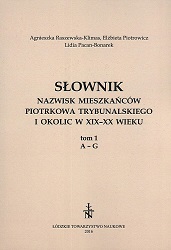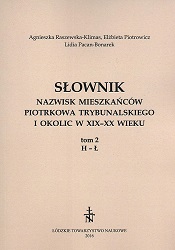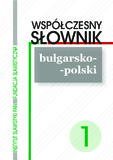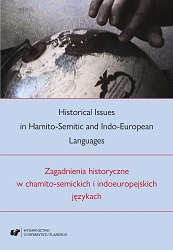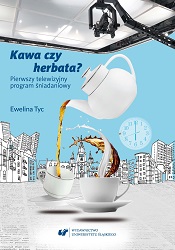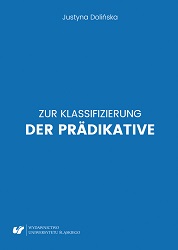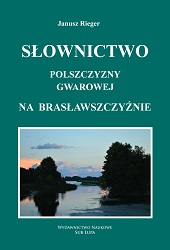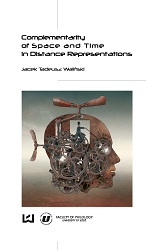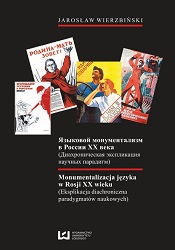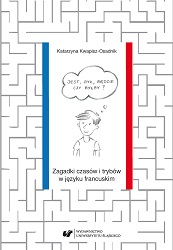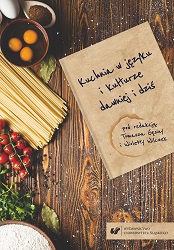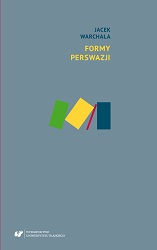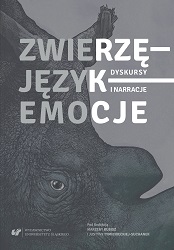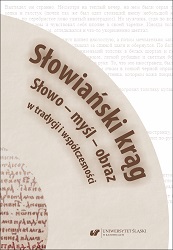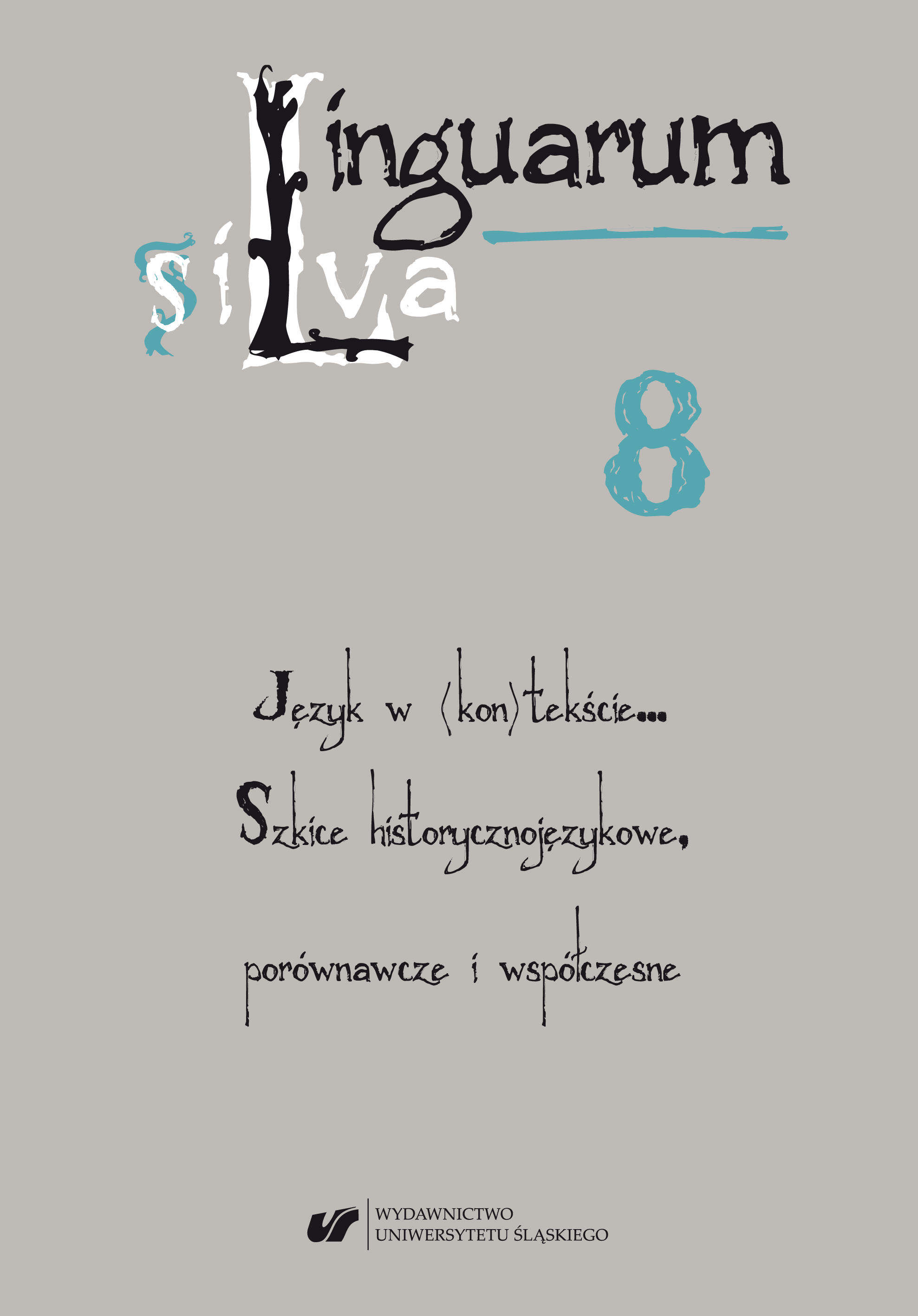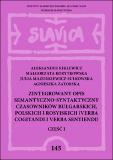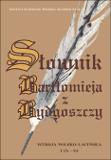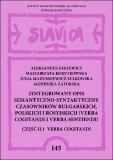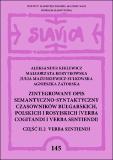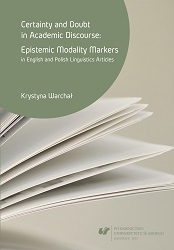
Certainty and doubt in academic discourse: Epistemic modality markers in English and Polish linguistics articles
Certainty and doubt in academic discourse: Epistemic modality markers in English and Polish linguistics articles: 01 Academic discourse and its rhetoric02 Rozdz. 2, cz. 1. Linguistic modality: Approaches and concepts; Modal meanings and values03 Rozdz. 2, cz. 2. Linguistic...: Epistemic modality markers; Modality in academic discourse: Previous studies; Concluding remarks04 The project05 Rozdz. 4, cz. 1. Markers of (un)certainty in English and Polish linguistics articles: High-value markers06 Rozdz. 4, cz. 2. Markers of (un)certainty in English and Polish linguistics articles: Middle-value markers07 Rozdz. 4, cz. 3. Markers of (un)certainty in English and Polish linguistics articles: Low-value markers08 Conclusions; ReferencesThe subject of the work are linguistic indicators of the degree of judicial certainty in scientific articles in the field of linguistics in English and Polish. The starting point for the research undertaken is the conviction that the different intellectual traditions in which Polish and English academic communication was shaped - traditions that perceive the status of scientific knowledge and the process of its creation differently, the relationship between the author and the reader, and finally the act of writing and the degree of dialogicality of a scientific text - may be reflected in various beliefs about what a scientific fact is and what remains in the realm of hypotheses, assumptions and proposals awaiting confirmation and acceptance of the academic community. These differences, in turn, would suggest that authors from these two cultures may attach different importance to the clear marking of hypothetical content and judgments accompanied by a high degree of certainty, mark them in different ways, with different frequency and in different places of argument. This paper attempts to determine whether such differences exist and, if so, which exponents of epistemic modality they relate to and how they proceed. // The work can be a voice in the discussion on the differences in the styles of academic argumentation characteristic of particular cultures and disciplines, provide data for comparative research on epistemic meanings and their function in different types of discourse, and be a reference point for further analyzes taking into account other languages, genres and disciplines.
More...
